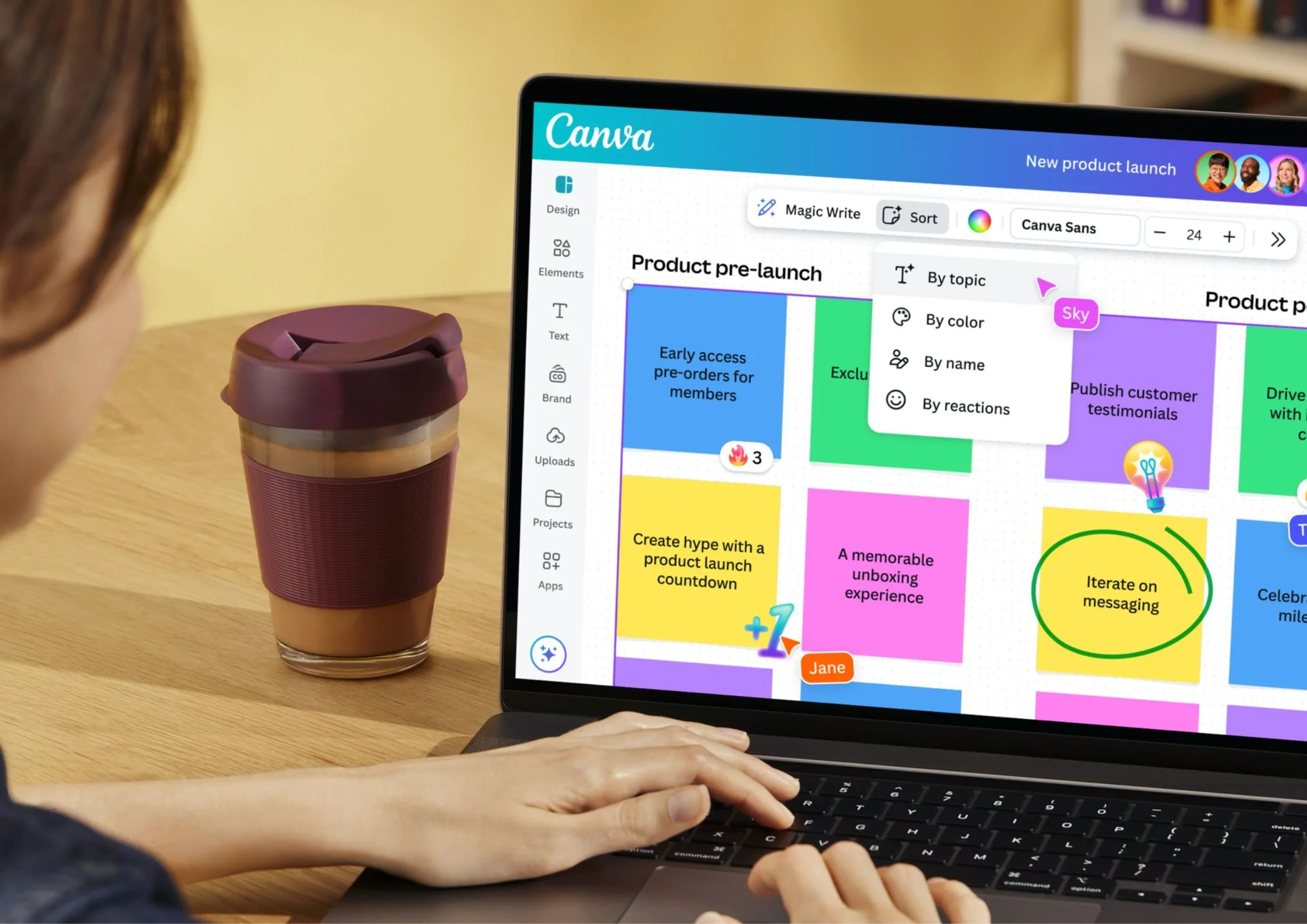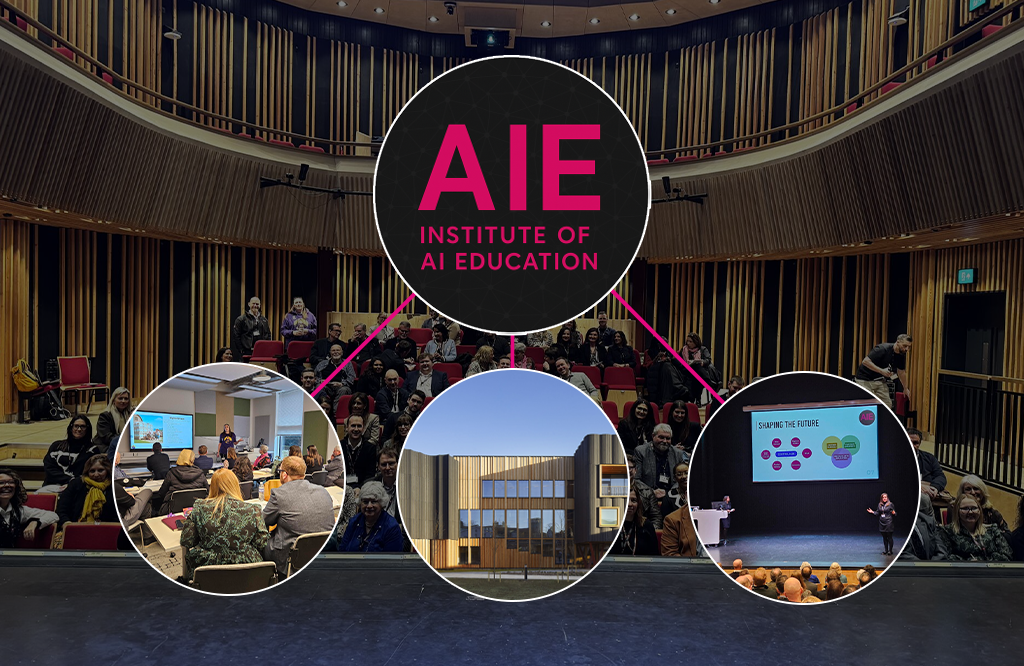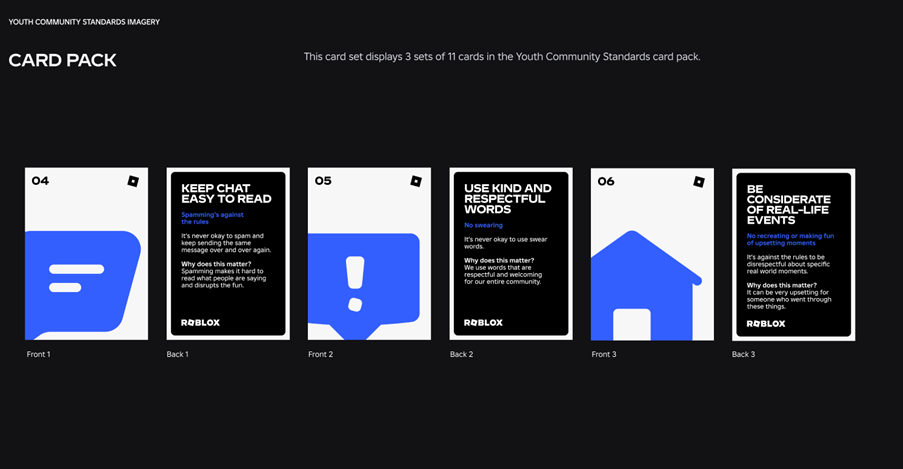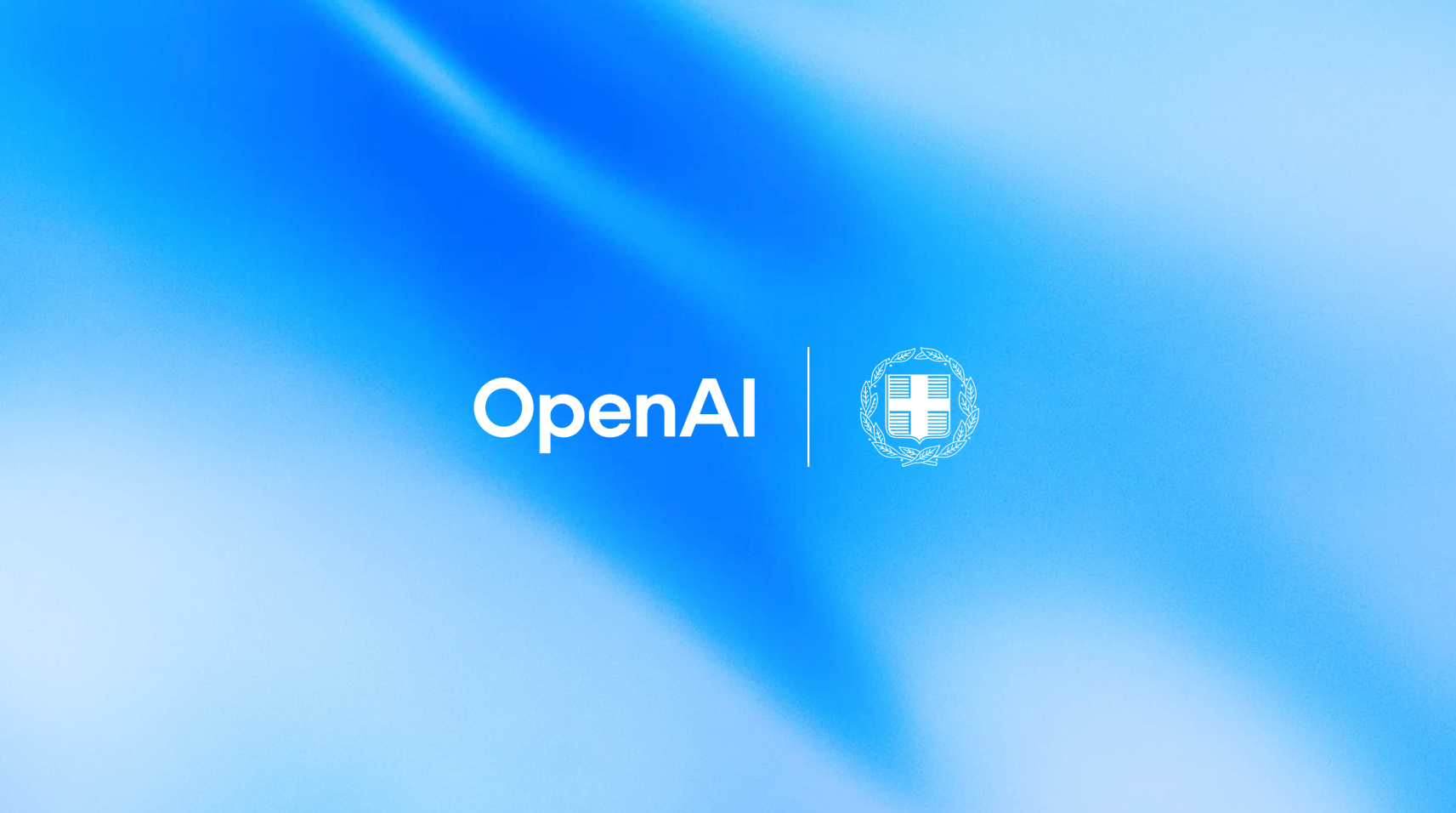Google expands Gemini tools and launches new Chromebook features across education ecosystem
Google has announced a broad set of updates to its education tools, including the rollout of Gemini for Education, expanded functionality within Google Classroom, new Chromebook Plus devices, and additional administrative safeguards.
The changes are designed to integrate artificial intelligence across both student and educator workflows while prioritizing data protection and classroom manageability.
Gemini for Education expands access to AI tools
Built on Gemini 2.5 Pro, Gemini for Education is now available across all editions of Google Workspace for Education at no additional cost. The offering includes access to over 30 new teaching tools, AI-generated lesson materials, and admin-level security controls.
Educators can now create and assign custom “Gems”— AI-powered study assistants— to students directly through Google Classroom. NotebookLM, Google’s AI reading and summarization tool, also gains expanded functionality, allowing educators to generate podcast-style audio summaries and, soon, video explainers based on course materials.
Akshay Kirtikar, Senior Product Manager at Google Workspace for Education, explains the scope of the expansion: “Gemini for Education provides default access to our premium AI models, soon with significantly higher limits than what consumers get at no cost, plus enterprise-grade data protection.”
New tools such as Gemini Canvas enable students over 18 to auto-generate quizzes and visual explanations for self-guided learning. Younger students will gain access in the coming weeks under restricted settings.
Google Classroom integrates Gemini for content generation
Educators can now use Gemini directly within Google Classroom to generate vocabulary lists, quizzes, and adaptive lesson plans tailored to student needs. The update includes Gemini in Forms, which automates the creation of assessments from Google Docs, Slides, or PDFs and summarizes responses.
According to Brian Hendricks, Director of Product Management at Google Workspace for Education, these additions aim to “translate what [AI] can do into powerful, practical tools for educators.” The company also plans to introduce more interactive AI experiences for students, including the ability for teachers to assign study guides powered by NotebookLM and Gemini.
Chromebook Plus devices and tools gain AI capabilities
Google also introduced new hardware and ChromeOS features, including updated Chromebook Plus models and the launch of Class tools—a teaching mode for managed Chromebooks that enables content sharing, live screen monitoring, and on-screen caption broadcasting.
The latest Lenovo Chromebook Plus, announced as the first Chromebook to feature a MediaTek Kompanio Ultra processor with an integrated NPU, is equipped to handle advanced AI features. These include image generation, Smart grouping of open tabs and windows, and text extraction via the “Text capture” tool.
Tom Chapman and Andy Russell, Product Managers at ChromeOS, wrote that ChromeOS is being designed “to enable a shift from a primary focus on teacher-led instruction to an environment designed for student-centered exploration.”
Class tools are now available for teachers using a Google Workspace for Education Plus license, provided all students are on Chromebooks. The feature allows educators to share workbooks, restrict browsing, and present student work on classroom displays. “Setting student devices to focus, which allows teachers to restrict browsing to specific tabs, is very valuable for keeping students on task,” says Michael Steinberg, Assistant Director for Technology at Burnt Hills-Ballston Lake.
Camera Studio, a new universal document camera app optimized for ChromeOS, will also launch soon through the Google for Education App Hub.
Administrative and privacy controls expanded
To accompany the AI feature set, Google has introduced new administrative tools. Admins can manage access to Gemini apps, review AI conversation data in Vault, and monitor usage across their domains. The Gemini app now holds the Common Sense Media Privacy Seal and, according to Google, does not use user data for AI model training.
Google also confirmed that NotebookLM and Gemini will soon be available to students of all ages through supervised Google Workspace for Education accounts. “We’ve consulted with child safety and development experts to help shape our content policies,” the company said, adding that Gemini includes youth onboarding and AI literacy materials endorsed by ConnectSafely and the Family Online Safety Institute.
Additional rollouts include a Meet waiting room feature for Education Plus users and expanded Gmail data classification labels aimed at minimizing data leaks.
RTIH AI in Retail Awards
Our sister title, RTIH, organiser of the industry leading RTIH Innovation Awards, proudly brings you the first edition of the RTIH AI in Retail Awards, which is now open for entries.
As we witness a digital transformation revolution across all channels, AI tools are reshaping the omnichannel game, from personalising customer experiences to optimising inventory, uncovering insights into consumer behaviour, and enhancing the human element of retailers' businesses.
With 2025 set to be the year when AI and especially gen AI shake off the ‘heavily hyped’ tag and become embedded in retail business processes, our newly launched awards celebrate global technology innovation in a fast moving omnichannel world and the resulting benefits for retailers, shoppers and employees.
Our 2025 winners will be those companies who not only recognise the potential of AI, but also make it usable in everyday work - resulting in more efficiency and innovation in all areas.






















